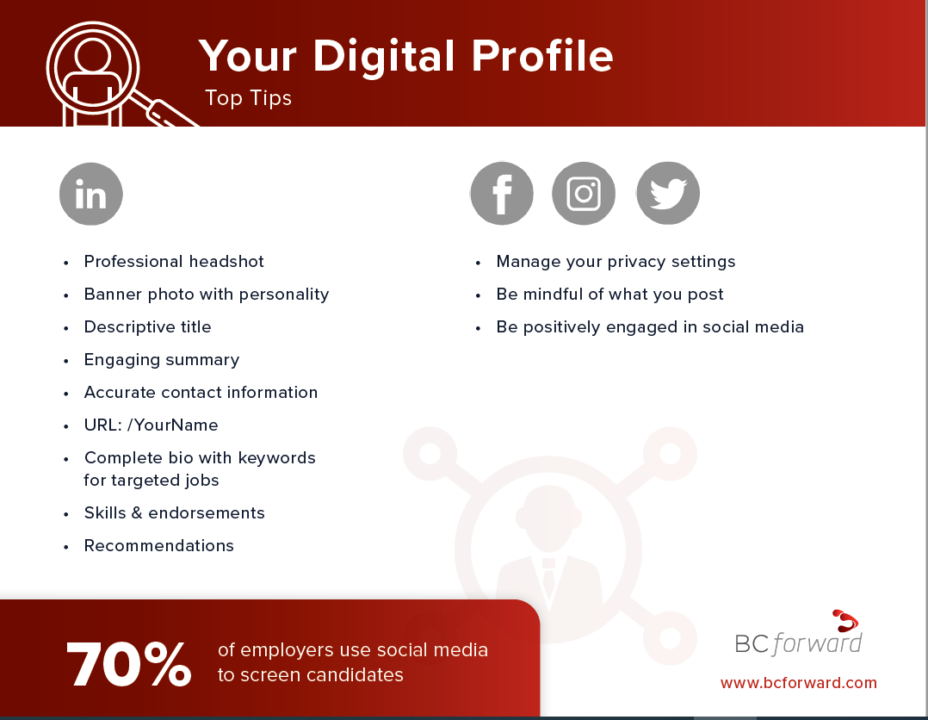Software testing teams consist of people with different roles, responsibilities, traits and skill sets. Everyone works together for the common goal of releasing a high quality product to customers. The QA Manager ensures the entire team works together, feels motivated, sets clear responsibilities and expectations, and helps to grow their skill sets. This is a critical role to build high performing teams and is usually tied to various activities that are aligned to the overall goals, vision and value of the organization. Here are some ways to be an effective QA Manager and add value to the team and organization:
Be a Good Listener
The art of listening is a skill that is cultivated over a period of time. Being a good listener does not mean you stay silent and let the other person talk continuously, but it is about pacing yourself by hearing other people’s opinions and give timely suggestions and feedback based on the discussion. A good manager pays keen attention to different communication patterns such as verbal, non-verbal and behavioral cues, that occur within the team, and breaks down barriers in open communication.
As Winston Churchill once said “Courage is what it takes to stand up and speak, Courage is also what it takes to sit down and listen”.
Encourage validated learning
In the book “The Lean Startup”, Eric Ries discusses the concept of validated learning. In a nutshell, it is about building the minimal viable product (MVP) through the iterative cycle of building, measuring and learning. This applies to software testing teams as well. Whenever someone has a new idea that could add value to the project, the manager should evaluate the idea along with the team, encourage the individual or team to experiment with the idea after collaboratively discussing whether it really adds value, and provide the necessary resources to help build a MVP. Also, the QA Manager urges them to share the results of the experiment with the entire team and gives constructive feedback. This provides a feeling of reassurance that everyone’s opinion matters.
Give clarity on goals and expectations
The expectations from the team need to be clearly communicated by the QA Manager. It is hard to know in which direction to proceed without knowing the destination. Similarly, it is impossible for teams to work toward a common goal if they do not know what needs to be accomplished within a given time frame. It is the responsibility of the manager to ensure that all team members are aware of their expectations and have the sufficient know-how to meet goals for achieving customer satisfaction. This helps to reduce ambiguity in responsibilities and gives a sense of purpose to the entire team.
Empower the team
Every person in the team has different skill sets. As a QA Manager, spend more time focusing on their strengths and provide a conducive environment for learning and empowering the team. Use one-on-one conversations as an opportunity to identify individual strengths and interests. Assign tasks based on strengths and hold them accountable to it. Have team members share their progress in team meetings to help them realize why their work matters to the project. Also, encourage peer coaching where team members coach each other to gain different skill sets giving the feeling of empowerment for everyone. Finally, give sufficient training and send teams to conferences to acquire new skill sets and sharpen existing ones. This helps them do their job better.
Give timely feedback
Feedback is a necessary component to ensure the individual’s work aligns with the goal and vision of the organization. It is the QA Manager’s responsibility to give timely feedback to team members via one-on-one, team and all hands meetings. This helps teams to understand their areas of strength, improvement, and helps to take corrective actions immediately. Also, a manager needs to remember that the feedback loop is bi-directional; you not only give feedback but should be open to accepting feedback from others as well. This can be done by having an open door policy, having anonymous surveys and noticing behavioral cues in the team that could indicate changes are needed from your side.
Boost team morale
Organizations spend considerable cost, time and effort in recruiting and training skilled resources. So, it is important to retain skilled talent as much as possible. One way for a QA Manager to increase retention rate is to ensure the team morale is high in any given situation. There are different strategies to increase morale such as – make everyone’s work visible to the entire team to understand how each contribution moves the team forward and makes an impact to the project, recognize great work through words of appreciation and monetary rewards, motivate people to do their best work, have team building activities where individuals get an opportunity to work with each other in solving problems, and finally, socialize with the team on a regular basis to understand their lives outside work. This helps to show that you really care about their well being and motivates them to perform better.
These traits can help anyone become an effective QA Manager and build high performing teams.

Raj Subrameyer
by Raj Subrameyer, April 8th, 2020
tap|QA is excited to welcome Raj Subrameyer as our consulting Quality Evangelist. Raj is an internationally renowned speaker, writer and tech career coach, with an expertise in many areas of Software Testing. More info about him can be found at – www.rajsubra.com
Digital Transformation to Help You Achieve Agility
Today’s rapidly changing business environments – driven by innovation, digitization, and sheer increases in processing power – are direct byproducts of the digital transformation of the late-20th century. Now, organizations…
WEBINAR | tapQA Presents: Digital Profile
As we progress through almost an entire year of living in a pandemic the world around us has digitized almost, everything. But have you done this for yourself? In a…
Data-Driven Decision Making (DDDM): How You Are a Data Analyst and Don’t Even Know It
Every day we are faced with a multitude of decisions that are subconsciously being determined by data. Where is the cheapest place near me to buy gas? How busy is…



